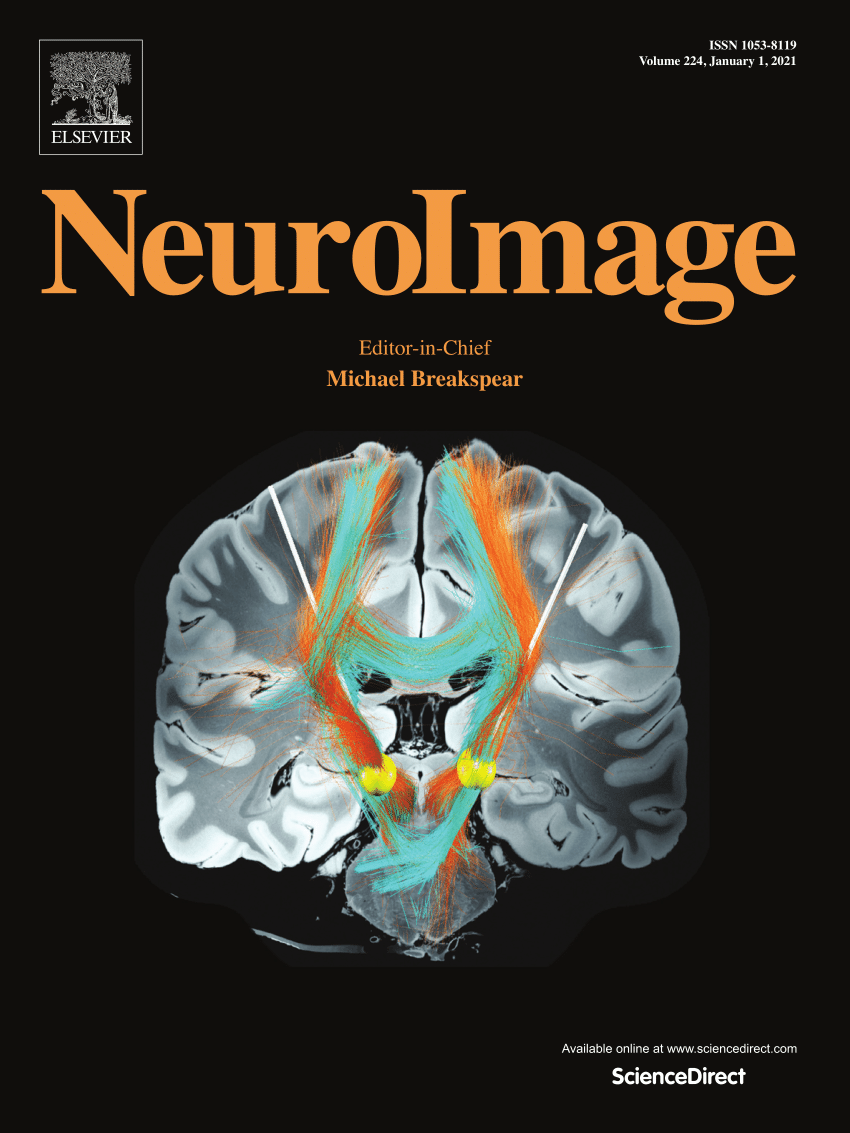认知任务中与运动反应复杂性相关的认知-运动权衡的电生理指标。
IF 4.7
2区 医学
Q1 NEUROIMAGING
引用次数: 0
摘要
与简单动作相比,复杂动作需要更多的认知和运动控制。文献表明,面对复杂性,大脑必须在可用资源之间做出妥协,通常优先考虑运动控制。然而,文献很少探讨运动反应的复杂性对与认知任务相关的大脑处理过程的影响。因此,人们还不知道,执行一项需要运动反应复杂度不断增加的认知任务,是否会在保持稳定运动控制的情况下减少认知处理。因此,本研究旨在探讨在认知任务中增加运动反应复杂性对大脑处理过程可能产生的影响。为此,我们分析了在认知任务中,随着所需运动反应(按键、伸手和迈步)复杂程度的增加,事件相关电位和行为反应的变化情况。结果表明,运动复杂度的增加会增强早期视觉和注意力处理(P1 和 N1 分量),但会降低后期感知后认知控制(P3 分量)。此外,我们还发现了 P3 之后的一个分量,它专门针对需要做出反应的刺激。该成分被标记为 N750,其振幅随着反应运动复杂性的增加而增加。在行为上,反应的准确性不受复杂性的影响。结果表明,在认知任务中,刺激处理会受到运动反应复杂性的影响。复杂的反应需要投入更多的早期知觉和注意资源,但在处理的后期阶段,认知资源的可用性降低,而运动资源的可用性提高。这印证了大脑运动优先认知运动权衡的观点。本文章由计算机程序翻译,如有差异,请以英文原文为准。
Electrophysiological indexes of the cognitive-motor trade-off associated with motor response complexity in a cognitive task
Complex actions require more cognitive and motor control than simple ones. Literature shows that to face complexity, the brain must make a compromise between available resources usually giving priority to motor control. However, literature has minimally explored the effect of the motor response complexity on brain processing associated with cognitive tasks. Consequently, it is unknown whether carrying out a cognitive task requiring motor responses of increasing complexity could reduce cognitive processing keeping stable motor control. Therefore, this study aims to investigate possible modulations exerted by increasing motor response complexity in a cognitive task on brain processing. To this aim, we analyzed the event-related potentials and behavioral responses during a cognitive task with increasing complexity of the required motor response (keypress, reaching and stepping). Results showed the increasing motor complexity enhances early visual and attentional processing (P1 and N1 components) but reduces the late post-perceptual cognitive control (P3 component). Additionally, we found a component following the P3 which was specific for stimuli requiring a response. This component, labeled N750, increased amplitude along with the response motor complexity. Behaviorally, response accuracy was not affected by complexity. Results indicated that in cognitive tasks stimulus processing is affected by the complexity of the motor response. Complex responses require a greater investment of early perceptual and attentional resources, but at late phases of processing, cognitive resources are less available in favor of motor resources. This confirms the idea of the motor-priority cognitive-motor trade-off of the brain.
求助全文
通过发布文献求助,成功后即可免费获取论文全文。
去求助
来源期刊

NeuroImage
医学-核医学
CiteScore
11.30
自引率
10.50%
发文量
809
审稿时长
63 days
期刊介绍:
NeuroImage, a Journal of Brain Function provides a vehicle for communicating important advances in acquiring, analyzing, and modelling neuroimaging data and in applying these techniques to the study of structure-function and brain-behavior relationships. Though the emphasis is on the macroscopic level of human brain organization, meso-and microscopic neuroimaging across all species will be considered if informative for understanding the aforementioned relationships.
 求助内容:
求助内容: 应助结果提醒方式:
应助结果提醒方式:


